Former Sundanese militia leader denies charges of crimes against humanity
A former Sudanese militia chief has denied charges of war crimes and crimes against humanity at a first hearing of the International Criminal Court (ICC) addressing atrocities in Darfur two decades ago.
A historic trial was opened at The Hague-based court on Tuesday to deal with Sudan’s Darfur conflict, which according to the United Nations left 300,000 people dead and two and a half million others displaced back in 2003-4.
Prosecutors charged Ali Muhammad Ali Abd-Al-Rahman with 31 counts of war crimes and crimes against humanity. They said Abd-Al-Rahman, who carried the title of "colonel of colonels" in the Janjaweed, played a central role in a series of attacks on at least four villages in West Darfur.
The ICC's chief prosecutor Karim Khan told judges that Abd-Al-Rahman "and his forces rampaged across different parts of Darfur." According to the charges, Abd-Al-Rahman led attacks on towns and villages during the conflict. He "inflicted severe pain and suffering on women, children, and men in the villages that he left in his wake," Khan said.
During these attacks, at least 100 villagers were murdered, women and girls were raped, and the members of the predominantly Fur ethnic group were subjected to forcible transfer and persecution.
Abd-Al-Rahman, an ally of deposed Sudanese leader Omar al-Bashir, has been implicated in more than 130 murders and the forcing of tens of thousands of mainly Fur civilians from their homes.
He "took pride in the power that he thought he exerted... and a strange glee in his feared reputation," said the chief prosecutor.
Abd-Al-Rahman, who was also known as Ali Kushayb, however, denied the charges, claiming that he was "innocent of all of these charges."
The ICC issued an arrest warrant for him in April 2007. He voluntarily surrendered to the court in June 2020.
Former President Omar al-Bashir also faces ICC charges of orchestrating genocide and other atrocities in Darfur. Bashir was deposed during a popular uprising in 2019 and remains in prison in the capital, Khartoum.
Trials at the ICC typically take at least several years before judges reach a verdict.
VIDEO | Press TV's news headlines
Hamas: Israel escalating ceasefire violations in Gaza
Venezuela's government declares unwavering unity behind Maduro
VIDEO | Global outcry over Venezuela president abduction
Iran keeps wheat import subsidies despite cutting other food supports
Venezuelan military stands with acting president after US kidnapping of Maduro
VIDEO | Press TV's news headlines
VIDEO | Protesters in Toronto slam US kidnapping of Venezuelan president


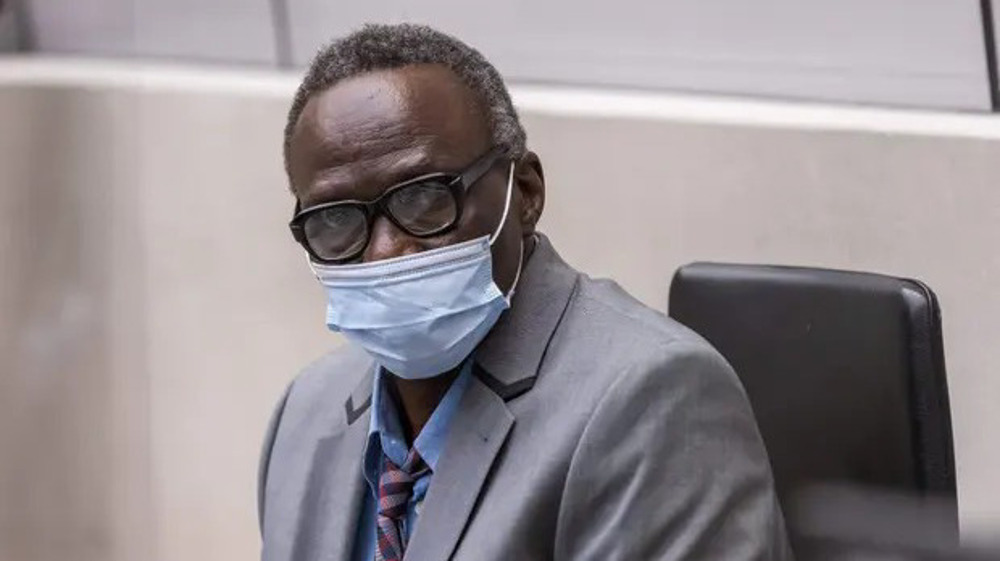
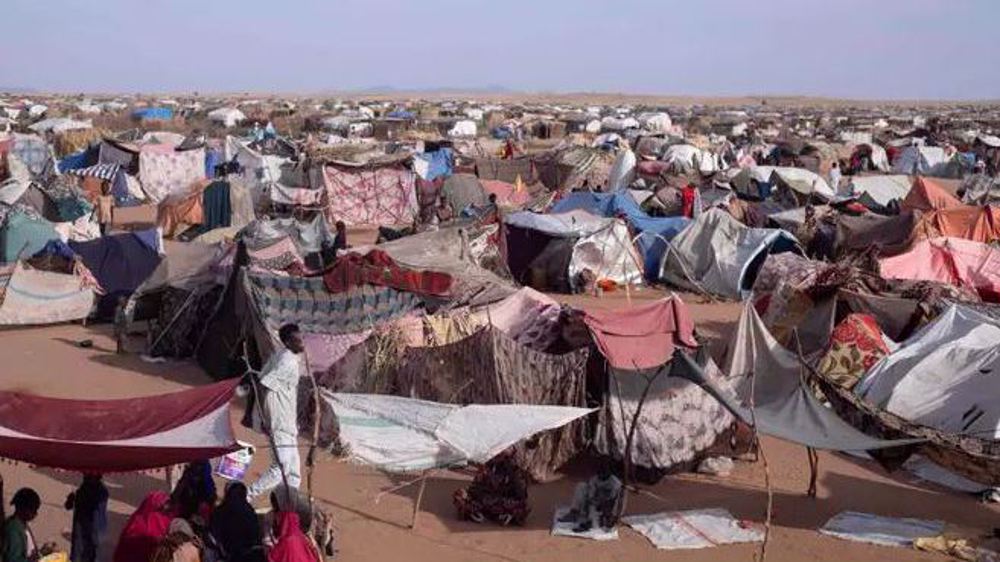
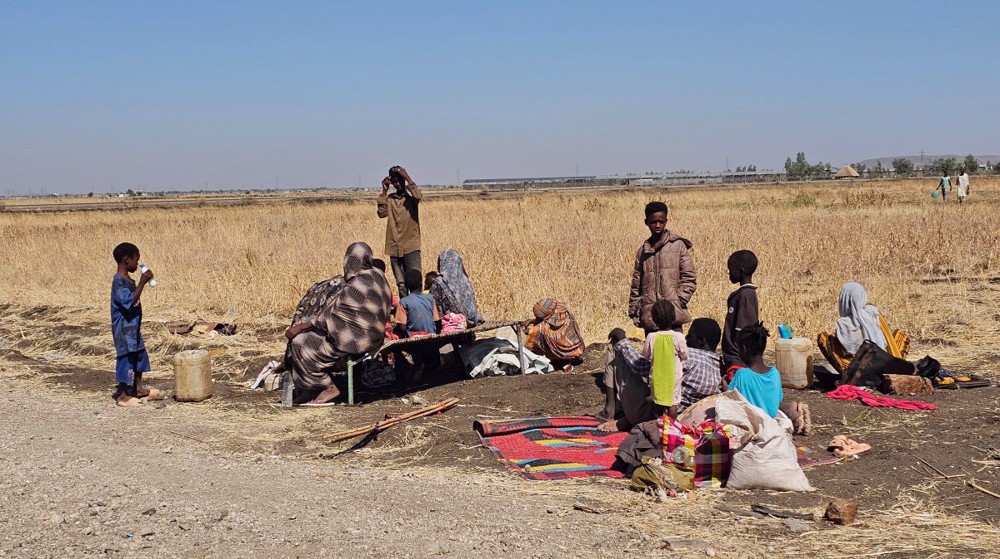
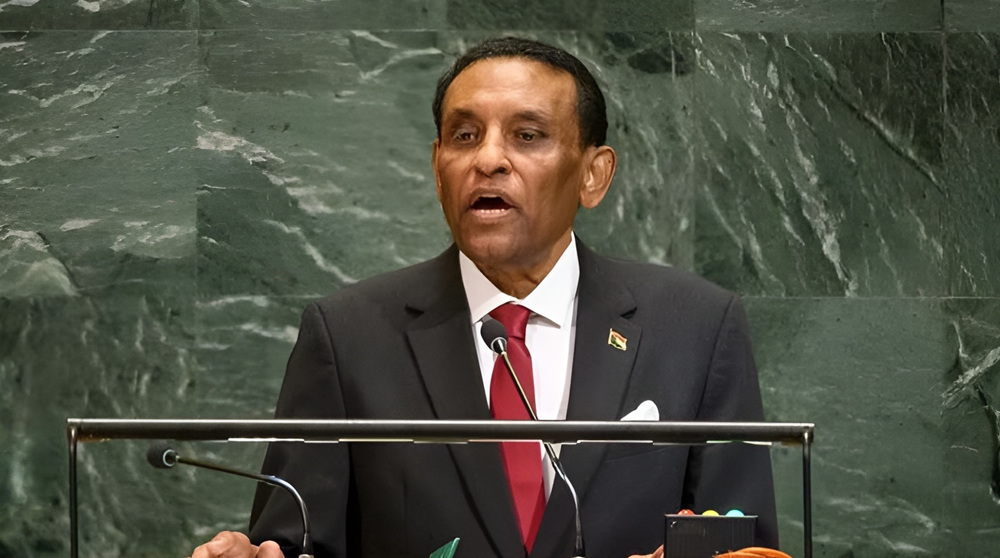



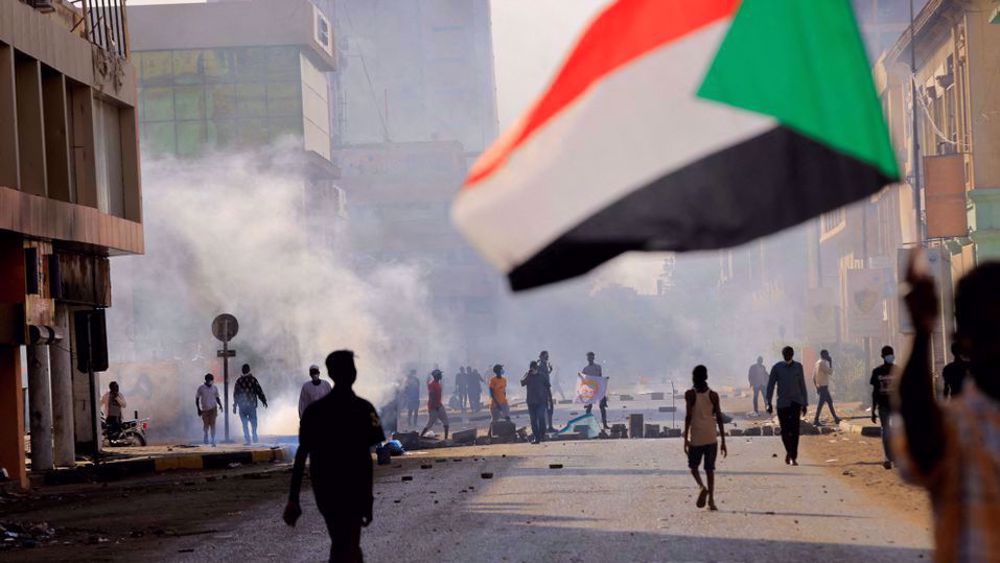
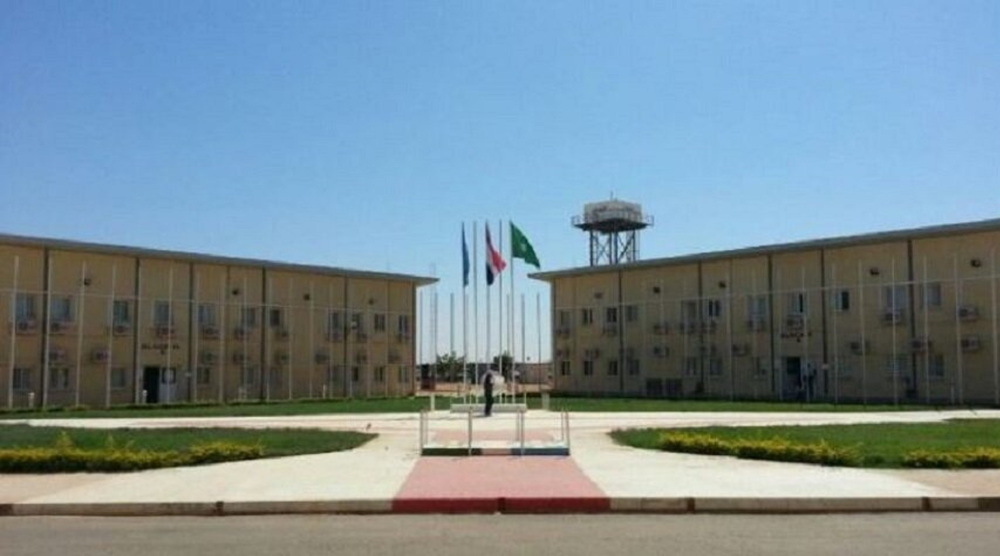
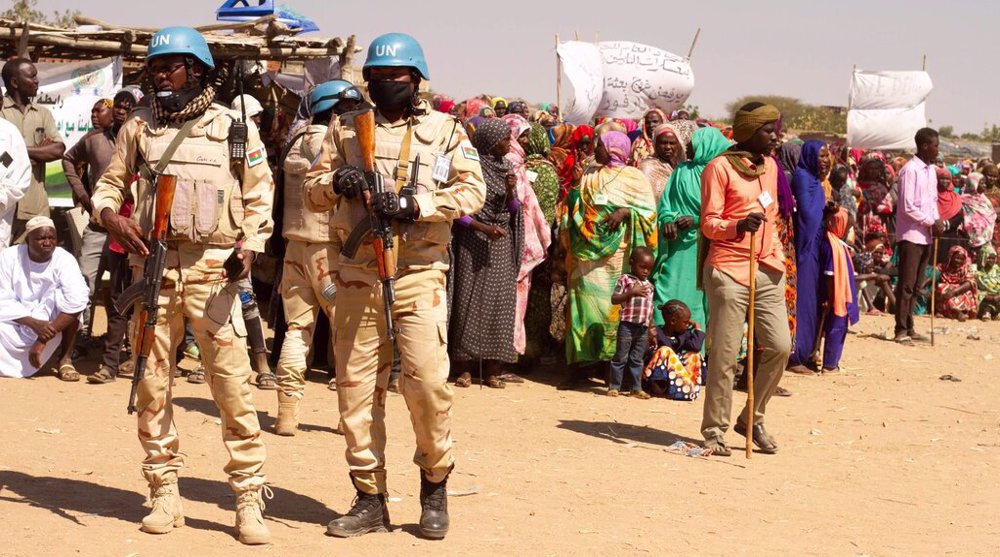

 This makes it easy to access the Press TV website
This makes it easy to access the Press TV website